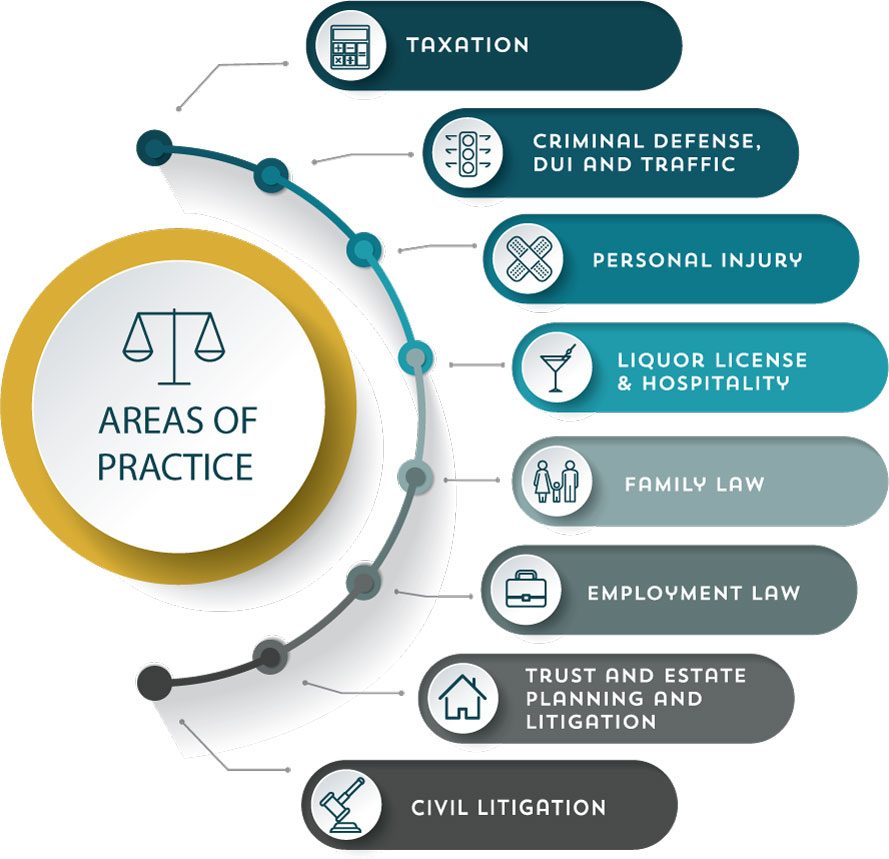Boost Your Understanding Of Test Prep Work As We Discover The Comprehensive Approaches Made Use Of By Criminal Justice Lawyers-- What Essential Activities Do They Carry Out?
Boost Your Understanding Of Test Prep Work As We Discover The Comprehensive Approaches Made Use Of By Criminal Justice Lawyers-- What Essential Activities Do They Carry Out?
Blog Article
Web Content Develop By-Godfrey Strand
When you think about the preparation that goes into a criminal test, it's simple to forget the extensive behind the curtain job lawyers take part in. You'll discover that they start by examining the case information and gathering proof, however it doesn't quit there. They craft strategies based upon who's commanding the instance and that's sitting on the court. As they navigate the intricacies of each trial, they additionally have to anticipate the prosecution's relocations. So, what certain steps do they require to guarantee whatever aligns perfectly come test day?
Situation Evaluation
When planning for a trial, a comprehensive situation analysis is essential for any kind of criminal justice lawyer. You'll start by examining the facts of your situation, which sets the structure for your strategy. Understanding the timeline of occasions, identifying key players, and recognizing possible weak points in the prosecution's argument will aid you develop a solid technique.
Next, you'll evaluate any type of existing legal precedents that could affect your case. Familiarizing on your own with similar cases can offer valuable insights into exactly how courts might analyze the legislation. This knowledge allows you to expect difficulties and address them proactively.
Additionally, you'll intend to speak with your customer to gather their viewpoint and guarantee their story aligns with the evidence. Effective interaction also assists build trust, which is crucial for a solid attorney-client partnership.
Lastly, consider the implications of different outcomes. This assessment not only prepares you for test but likewise enables you to suggest your client on possible appeal deals or alternate resolutions.
Proof Collection
After evaluating the case, the following action entails event proof that supports your client's protection. This procedure is critical, as the strength of your case often rests on the high quality and significance of the proof you collect.
You'll start by determining potential resources of evidence, which may consist of witness statements, authorities reports, security footage, and forensic data.
Once you've identified these sources, you'll need to get them legitimately and morally. This can indicate declaring requests for files, talking to witnesses, and collaborating with specialists who can assess physical proof.
Be extensive in your paperwork; every item of proof ought to be cataloged thoroughly to ensure you can reference it easily during trial.
It's additionally important to review the proof for its admissibility. Some items might be compelling yet could encounter difficulties in court as a result of lawful regulations. You'll intend to prepare for any objections from the prosecution and prepare counterarguments.
Ultimately, keep https://dailymemphian.com/article/30165/steve-mulroy-amy-weirich-district-attorney informed throughout this process. Transparency constructs count on and helps them understand just how each piece of proof contributes to their defense strategy.
This collaborative method lays the foundation for a strong case as you move better to test.
Test Strategy Development
Developing a test approach is vital for successfully providing your case in court. You'll wish to start by evaluating the evidence accumulated and determining key styles that support your customer's placement. Think of exactly how to present the truths in an engaging story that reverberates with the court.
Next, consider your audience. You require to customize your strategy based on the judge and jury's histories, beliefs, and worths. This understanding can guide exactly how you mount your debates and choose which evidence to highlight.
It's likewise essential to anticipate the prosecution's strategy. Recognize prospective weak points in your situation and create counterarguments to address them proactively. Think about what questions jurors may have and be prepared with clear, succinct feedbacks.
When you've developed your core debates, practice delivering them confidently. Simulated tests can be beneficial for fine-tuning your presentation style and gauging the performance of your strategy.
Lastly, continue to be flexible throughout the trial. Be ready to adjust your method as new proof or advancements develop, ensuring you remain concentrated on accomplishing the best outcome for your client.
Conclusion
In planning for test, you need to remain arranged and aggressive. By extensively examining the instance, gathering solid proof, and crafting a calculated approach, you'll set on your own up for success. Remember, adaptability is key; prepare to adapt as the test progresses. With efficient communication and method via mock trials, you'll be well-appointed to counter any difficulties that arise. Inevitably, your prep work can make all the difference in accomplishing a beneficial result for your client.
